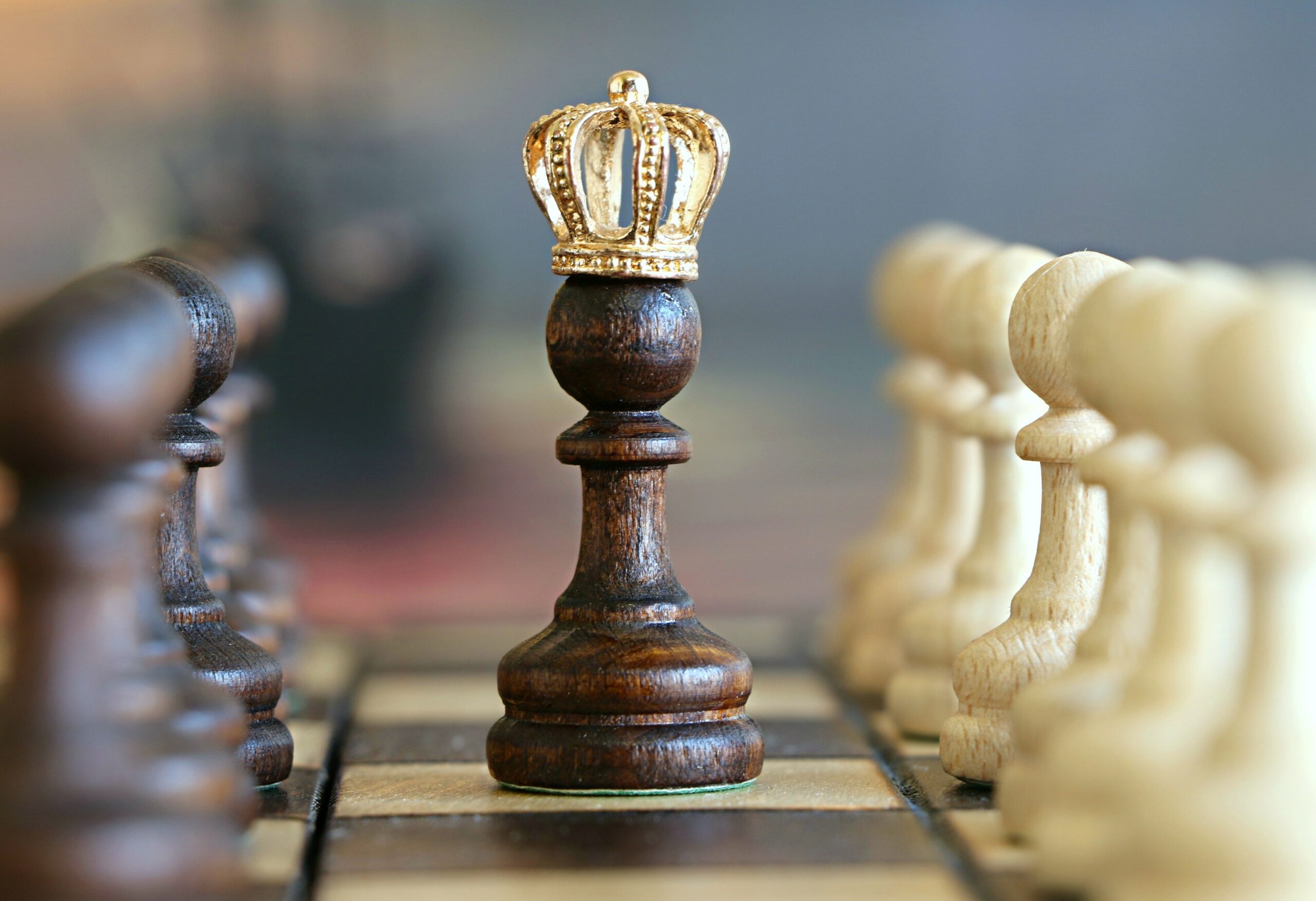It is a sunny afternoon when we meet the King on the bank of the Seine in Saint-Denis; he comes with a reduced guard, shakes our hand and points towards Saint-Denis cathedral, where the royals were crowned and buried for centuries, a symbol of the long tradition he emanates from. His majesty appears determined, but his face cannot hide his worries. “It’s about my friends”, he tells us. Louis-Phillipe spent some of his younger years in Zug, “in exile”, not afraid of using the term. “My friends Franz Josef Müller and Alois Damian Bossard are still there. They were decent human beings. When I did not have much, they helped me. They didn’t have to, but they did; they made sure I could move up to northern countries”. This tale is remindful of the longevity of his majesty, a man whose life is filled with Shakespearean accents, who now sees himself as the gatekeeper to stability in his country, a situation that too often eluded France in this century.
We start our interview by talking about religious wars, whose recent resurgence in Switzerland seems to only be part of a never-ending trend on the European continent, “different religions can coexist peacefully for the benefit of all, you may say I’m a dreamer, but I’m not the only one, this is an ideal worth defending”. The King then elaborates his thinking on why we have become so acquainted that religious conflicts occupy a large part of our political landscape he, like others, argues that in every religion, a hyper zealous minority tends to cause conflicts to others and that this must be kept in check.
On the future of France, the King contrarily to what prejudices might let think actually acknowledges its troubled recent past, namely the republic and the Bonaparte Empire, and offers a more nuanced view than most commentators “those forms of governance actually offers, each in their own form, some non-negligible advantages, as well as shortcomings. Nonetheless, my conviction lies in the fact that a monarchy offers the best of both worlds”. Louis-Phillipe also sees the future of France firmly anchored in Europe.
Our conversation then moves on to the unravelling of the situation in Switzerland, “I’m not here to make any comment on the foreign powers secretary. Some will say we are very different, and they will be right but what we have a common is our determination to keep the country stable, and that is unshakable. Switzerland should remain a buffer zone between the great powers of the continent”. In the past weeks France has demonstrated this, by trying to de-escalate the situation “that remains my objective”, tells us the King. This determination of Louis-Phillipe is to be understood in his political vision of leadership, “a great leader does not just follow his opinion, he must be able to recognise instability where it emerges. And take the measures to remedy the situation, to bring back stability as this is what gives freedom to the people”. The current situation, dictated by the Treaty of Vienna, is a good compromise as it allows the cantons some margin of freedom while the federal level guarantees its national existence”.
As we are about to leave the scene, the King grabs our shoulder “I would like to have a word on the recent event happening domestically, my citizens deserve it”. Intrigued we stay and listen closely “I understand the sentiments of the Revolution in Paris, I support their ideals, the revolutionaries. However, my duty and allegiance is to keep this country stable, instability in all its forms, as history teaches us, is a threat to our economic development and the well-being of the French citizens”. As the sun sets down on Paris we leave the King with that final piece of advice.
Photo: Pixabay, Pexels


Comments are closed.